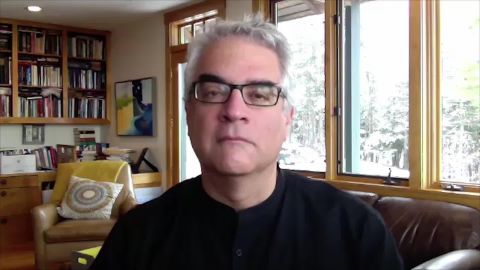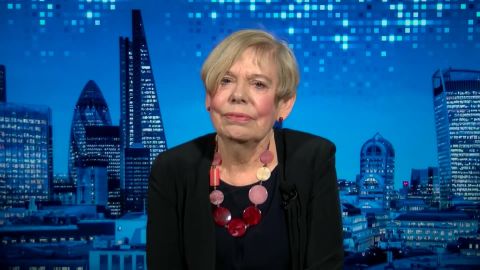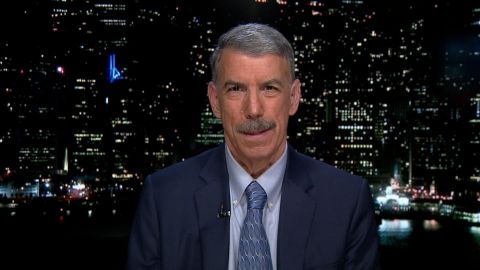Read Transcript EXPAND
CHRISTIANE AMANPOUR: I mean, knowing that part of the world so well, how would you explain their ability to get a grip so quickly? I mean, given the fact that we have talked about some of the initial slowness, certainly in China.
MIKE CHINOY, FORMER CNN SENIOR ASIA CORRESPONDENT: I think there are a number of explanations and they’re different for each place. In China, after kind of bungling the initial response and covering it up, when the Chinese communist party got its machinery into action, they were able to impose this unprecedented quarantine on the City of Wuhan, on the Province of Hubei, and put enormous resources into imposing on the population, the requirements to stay at home, to not move around. That really did help to reverse this very scary trend that we saw for January and much of February. And so, while there’s still cases in China, the trend lines are very — much more encouraging. In Hong Kong and in Taiwan and South Korea, you have a different kind of response because these are different societies. They’re much more open societies. Taiwan and South Korea are full pledged democracies. Hong Kong is not but it does have a robust free press. And so, you have had a different kind of response in which particularly in Taiwan and South Korea openness has been really important.
The government has been very effective in communicating with the people about what’s involved, what was needed to be done. Taiwan moved very quickly to limit travel from China, to impose very rigid quarantine rules, to use high-tech to communicate with people where they could buy masks and so on. South Korea initially very hard hit. They went from 500 to 5,000 cases in 10 days and it looked like it was going to be completely out of control. But the South Korean government has done this remarkable job of mass testing. Some 20,000 people are getting tested a day and they have been able between the testing and very effective communication. The government essentially ceded the lead in communicating to medical professionals to kind of reverse this tidal wave. And while it is still worrisome in all of these places, the sense is that is it’s under control in a way that it’s not in Iran, in Europe and in the States.
AMANPOUR: Let me ask you about the — sort of the messaging, if you like. As you know, President Trump called it the Wuhan Virus, the China Virus, that has drawn a massively sharp and negative response, as you can imagein, from the Chinese. And this is what a spokesman said. Let me just play it for you.
(BEGIN VIDEO CLIP)
GENG SHUAN, SPOKESPERSON, CHINESE MINISTER OF FOREIGN AFFAIRS (through translator): Recently, some politicians in the United States have linked the virus to China, which is a stigmatization of China. We feel strongly indignant and are firmly opposed to it.
About This Episode EXPAND
Prestigious religious scholar Karen Armstrong discusses the importance of faith and spirituality in difficult times. Journalist Mike Chinoy compares and contrasts government approaches to COVID-19 in Asia. Sociologist Nicholas A. Christakis explains the importance of social distancing and why it works.
LEARN MORE


